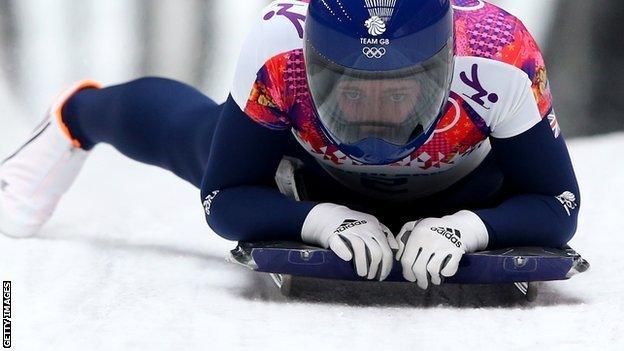Sochi 2014: Lizzy Yarnold hopes to inspire future Olympians
- Published
Olympic skeleton champion Lizzy Yarnold is planning to visit schools in the coming months with the aim of inspiring the next generation of stars.
Yarnold, 25, won Team GB's first gold of the Sochi Games, and Britain's 10th ever in Winter Olympics, on Friday.
"I want to inspire in the way that I was inspired by Denise Lewis when I was younger," she told BBC Sport.
What Yarnold did after she won gold
"It's a real honour to be in a position now where young girls and hopefully boys as well may look up to me."
Yarnold, who won the overall World Cup title last month, dominated the women's event in Sochi, leading after each of the four heats.
She received her medal from former British Olympic Association [BOA] chairman Sir Craig Reedie during a ceremony in the Olympic Park on Saturday.
Yarnold's success follows Jenny Jones's bronze in the women's slopestyle and takes Great Britain's medal tally to two, making it the nation's most successful Winter Games since Salt Lake City in 2002.
"Before the Olympics I was already planning on going into a lot of schools in Kent, where I'm from, and also in Bath, where I live so over the coming months I'm definitely going to do that," she said.
"I usually talk about what skeleton is, but hopefully now more people will have seen it on the television and understand it, so I can tell people about how to follow your dreams.
"I want people to know that when you follow your dreams you can achieve so much and that you should not limit your ambitions."
British Skeleton, which has secured a medal at all six Winter Olympics the sport has featured in, will team up with UK Sport and the English Institute of Sport to launch a new talent identification drive.
Yarnold was discovered through a 'Girls4Gold', external scheme in 2008, which also recruited athletes for modern pentathlon, but the new 'Power2Podium', external programme will focus specifically on skeleton.
They are looking for "fast, powerful and competitive males and females" who are aged 17-25.
"We're good at what we do because British Skeleton is brilliant at finding the right athlete and knowing how to make them train and become winners," Yarnold told BBC Sport.
"I didn't start in skeleton until I was 19 and before that I did diving, tennis, heptathlon, all sorts really.
"If you're committed and dedicate the time to need to, then you can achieve your dreams."
- Published1 December 2016
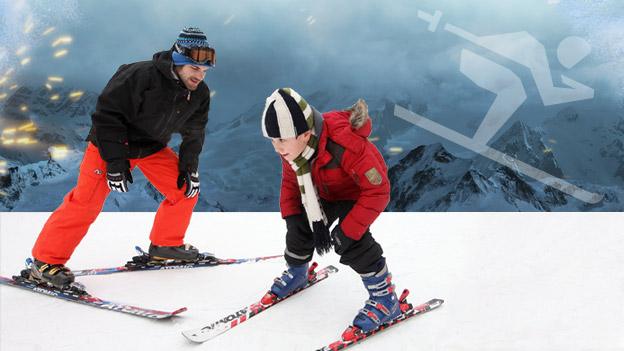
- Published14 February 2014
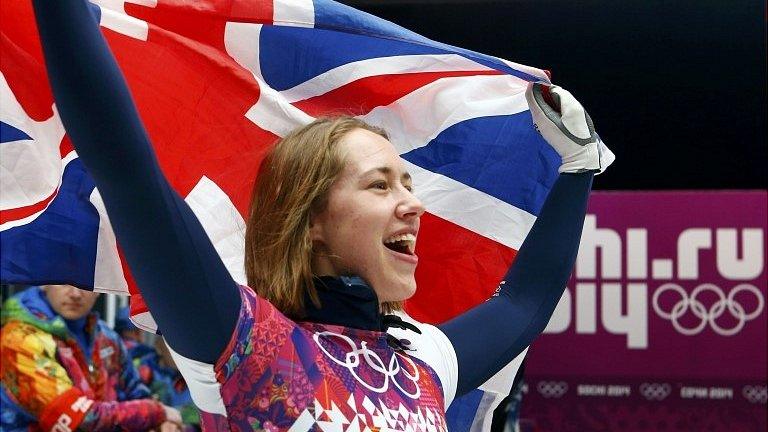
- Published14 February 2014
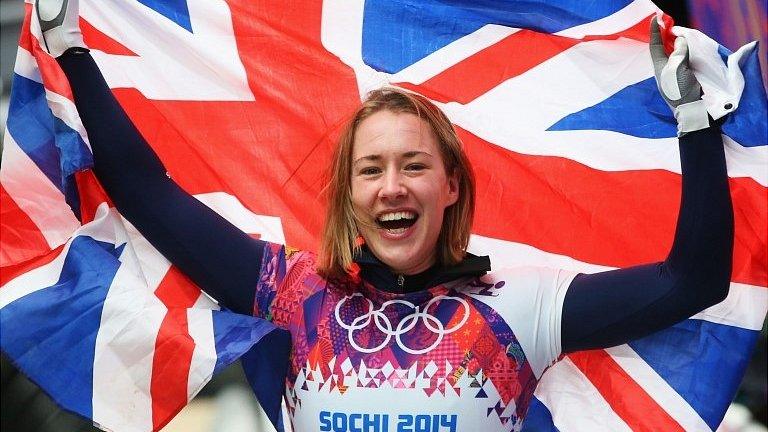
- Published14 February 2014
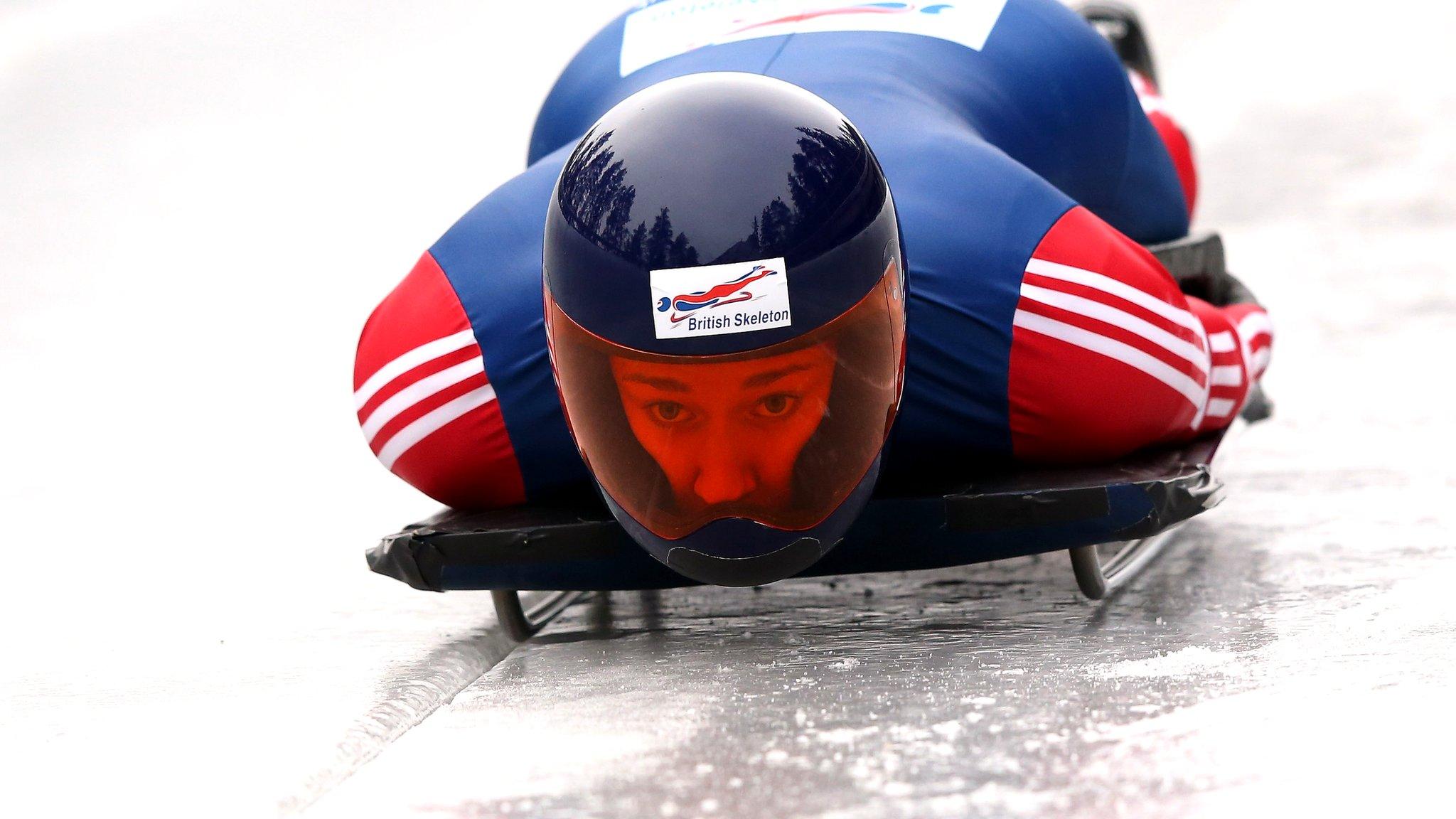
- Published14 February 2014
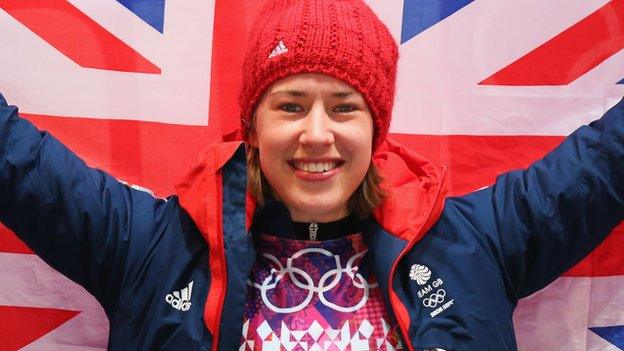
- Published24 January 2014
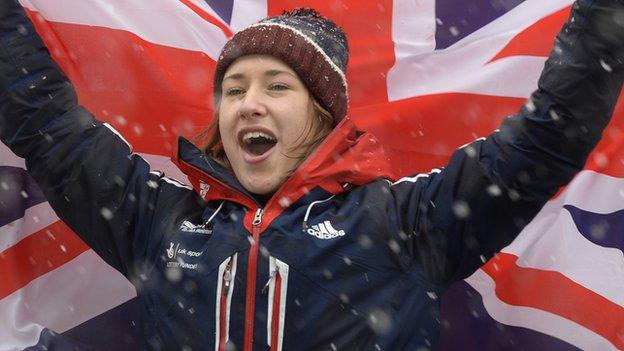
- Published10 January 2014
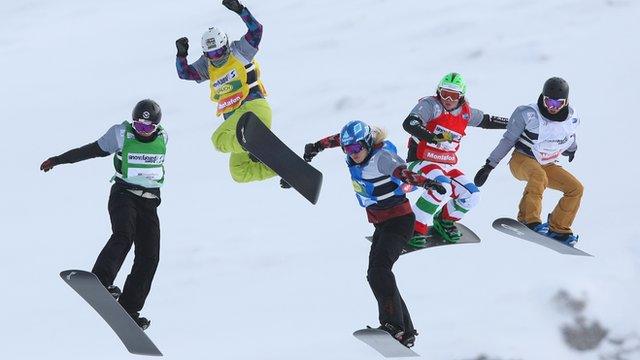
- Published28 January 2014
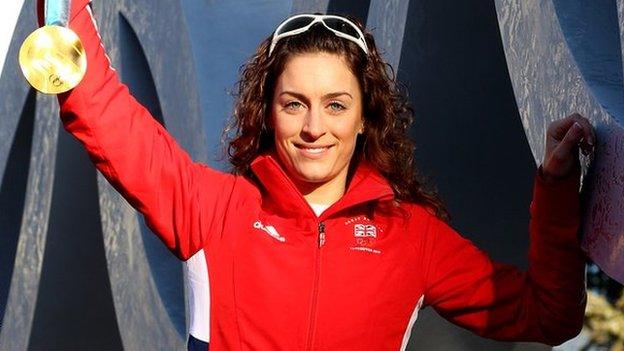
- Published21 January 2014
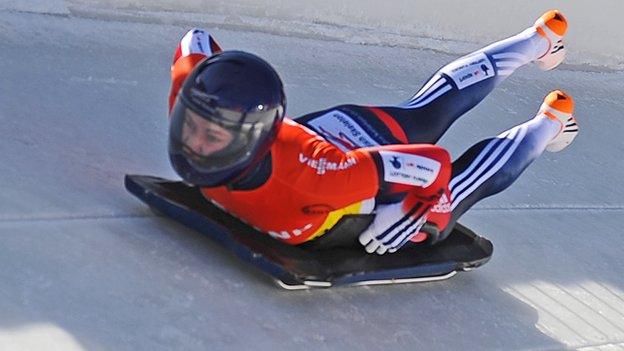
- Published9 November 2017
